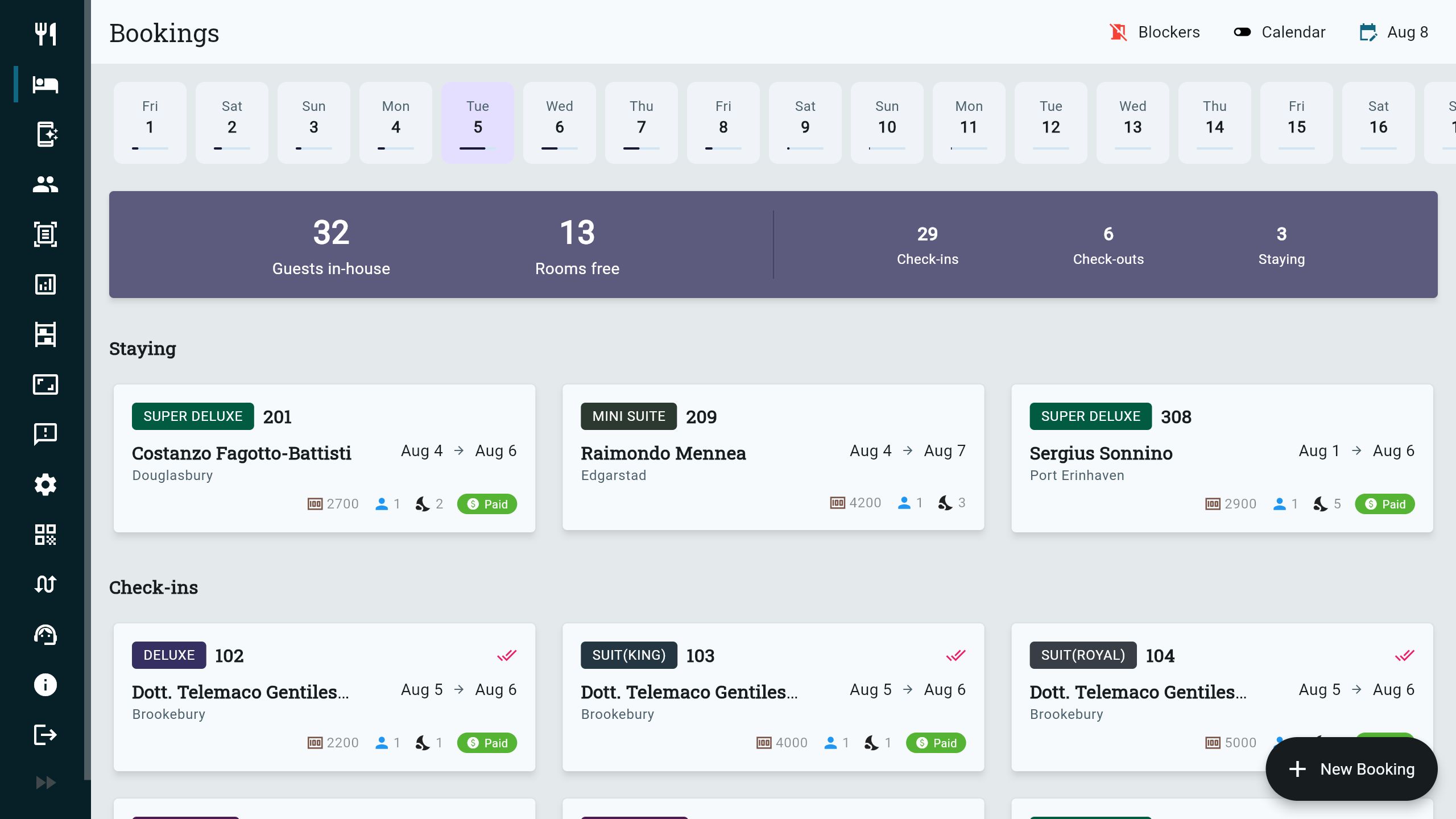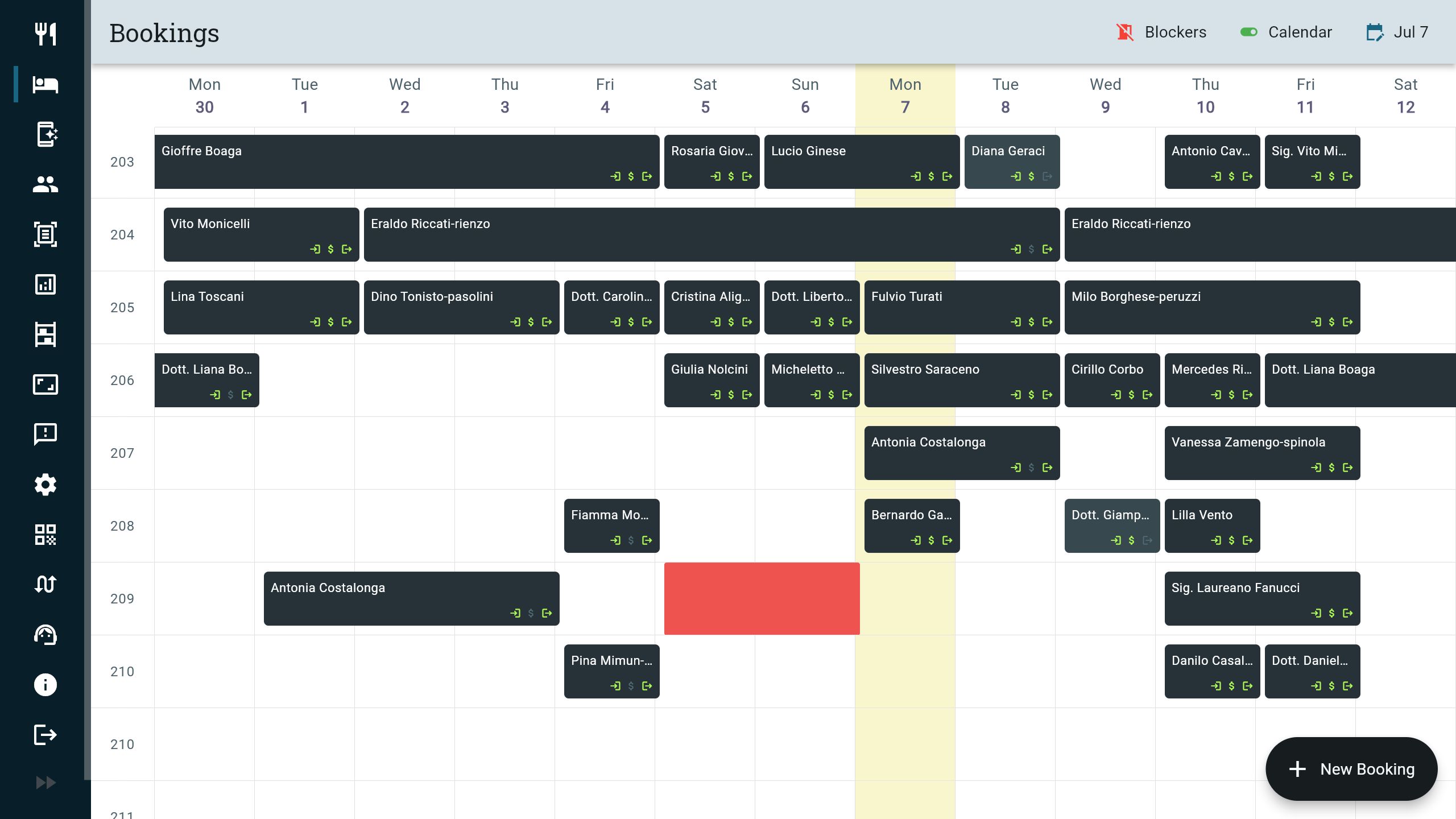Effortlessly track hotel supplies, linens, and assets. Manage stock, assign items to departments, and monitor movement with a complete audit trail.
Managing a hotel's vast inventory of supplies can be a complex task. From front desk stationery to housekeeping linens and guest room amenities, keeping track of every item is crucial for smooth operations and cost control. Zitlin's Inventory Management System is designed specifically for hotels, providing a powerful, centralized solution to track, manage, and audit all your supplies and assets.
Centralized Stock & Asset Tracking
Say goodbye to scattered spreadsheets. With Zitlin, you can create a comprehensive inventory of all your hotel supplies. Add items like pens, keyboards, toiletries, and linens with initial quantities. Our system acts as your central warehouse, giving you a real-time view of your entire stock.
Departmental Assignment & Location Management
Easily manage the flow of supplies across your property. Assign items from the main storage to various departments like the front desk, housekeeping, or maintenance. Zitlin gives you a complete overview of which location has what items, ensuring every department is well-stocked and accountable.

Advanced Laundry Management
Streamline your entire laundry cycle. Track linens from the moment a clean towel is assigned to a guest room. Once used, seamlessly mark it for laundry, and monitor its return to the main storage. This closed-loop system prevents loss and ensures you always have an accurate count of clean and in-use linens.
Transaction Audits & Loss Prevention
Maintain full control with a detailed audit trail for every item. Track every transaction as supplies are moved between locations or assigned to staff. Identify and record lost items to understand shrinkage and improve accountability. Zitlin's transparent tracking helps you minimize waste and prevent loss.
Zitlin provides a clear, complete overview of your item's locations and counts, empowering you to make informed decisions, reduce operational costs, and ensure your team always has what it needs.










